According to a statement put out by the ministry, Peter Szijjarto said at a joint press conference with his Jordanian counterpart, Ayman Safadi, that both countries are located in regions currently facing grave security challenges despite neither being at fault for those respective regional tensions.
Neither of us are responsible for the emergence of these conflicts, yet we are among those who are paying the price for them.
"The Hungarian people are rightly fed up with this. They want peace, and the entire country, the entire nation, is baffled by the extremely dangerous and crazy things certain European politicians are saying... Some European politicians want to send soldiers to Ukraine, and others are fantasizing about deploying nuclear weapons. If either of those materializes, it will mean a world war, and those of us who live in the immediate vicinity of the armed conflicts will again pay the price," he added.
In the European Parliamentary elections on June 9th, the minister said, people can vote for peace and send a message to the European politicians talking "crazy talk" that enough is enough.
And we are fed up with dangerous statements that put us at risk. We are fed up with them wanting to draw all of Europe, and indeed the whole world, into war. We are fed up with the talk of sending ground troops and deploying nuclear weapons to Ukraine,
the Hungarian FM stated.
Valuing relationships
He then spoke of the increased importance - especially in the current situation - of stable and reliable cooperation based on mutual respect, which is precisely the nature of the relationship between Hungary and Jordan. Hungary highly values the role of the Middle Eastern country in maintaining stability in the region and in the fight against terrorism and extremism, he emphasized.
FM Szijjarto believes that the October 7 terrorist attack against Israel marks a new era in the Middle East and that the situation also poses a security risk for Europe.
The international community should focus on preventing an escalation of the Israeli-Palestinian conflict and the outbreak of an open inter-state war, he explained.
We also see Jordan's stability and common sense approach as key because we believe that such common sense politics are the hope that peace can one day return to the Middle East. And, of course, we must also ensure that a repeat of the terrorist attacks that hit Israel on October 7 never again happens anywhere in the world.
He noted that everything must be done to protect civilians and labeled the obstruction of humanitarian activities unacceptable while also calling for the hostages to be released as soon as possible.
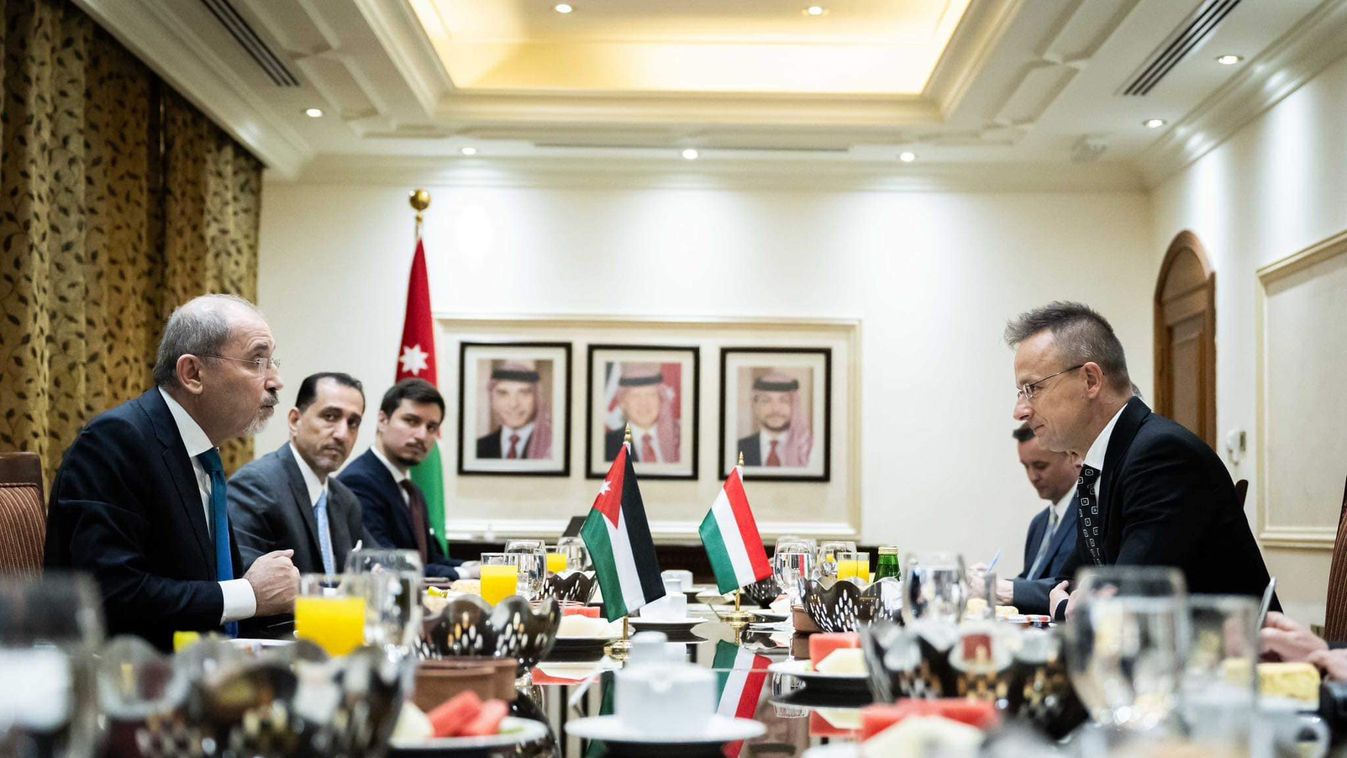
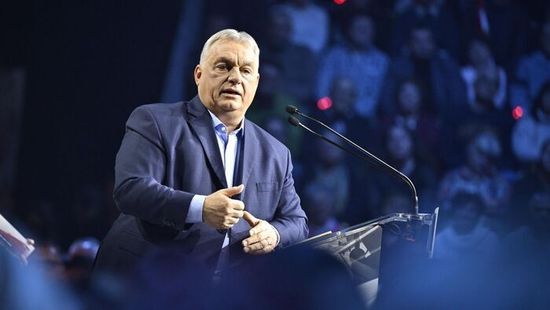
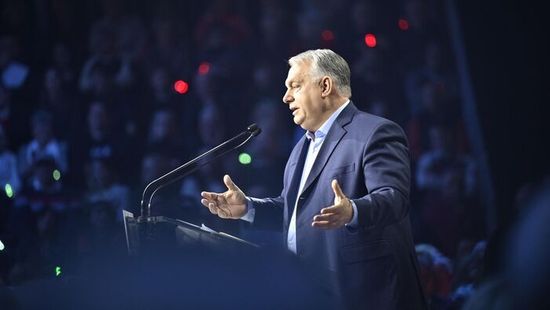
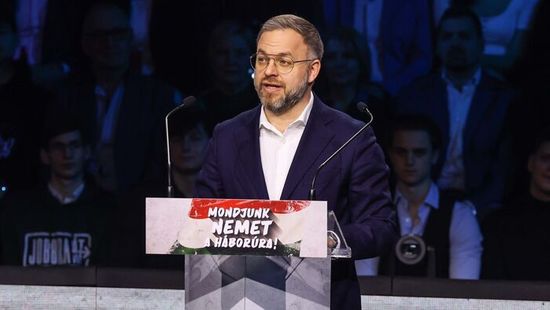
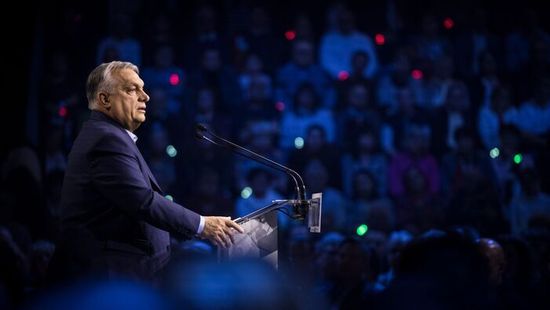

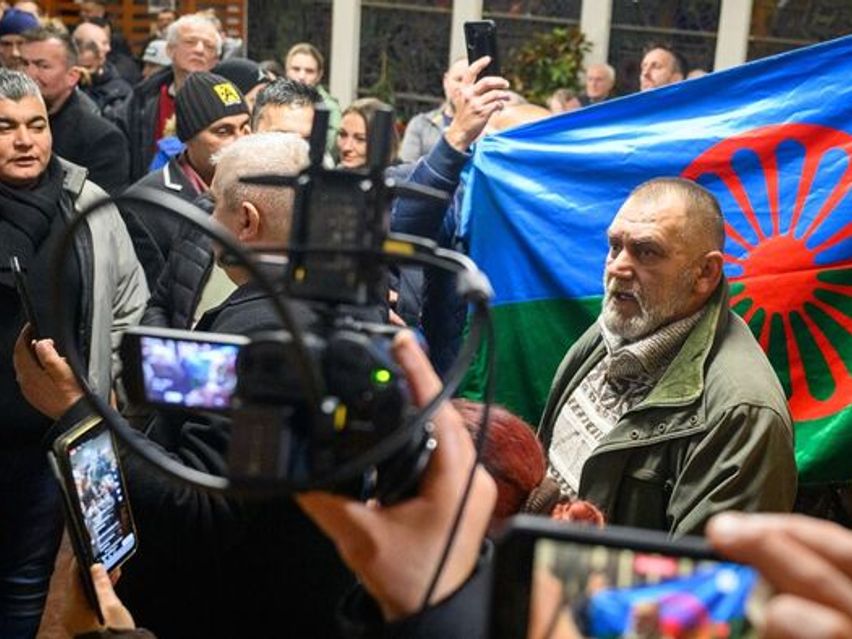
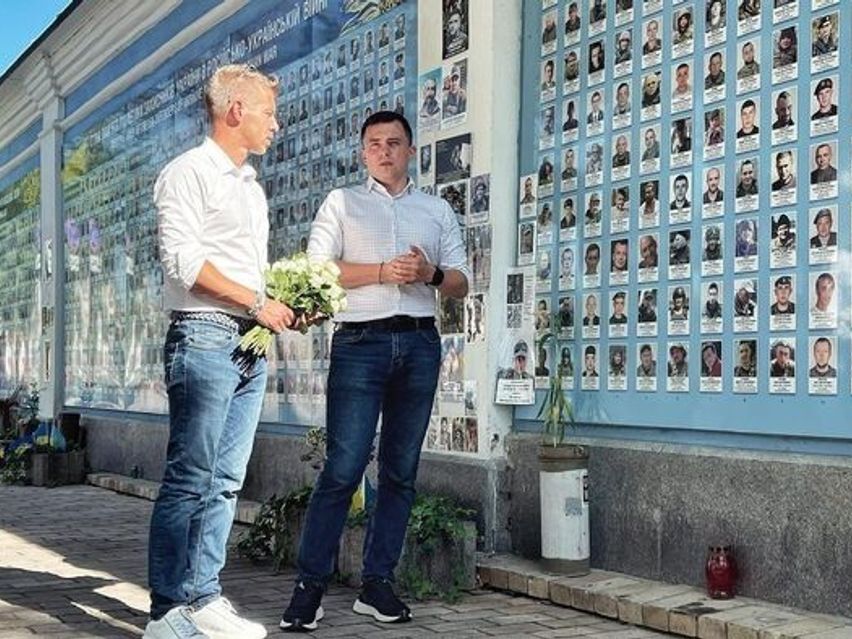




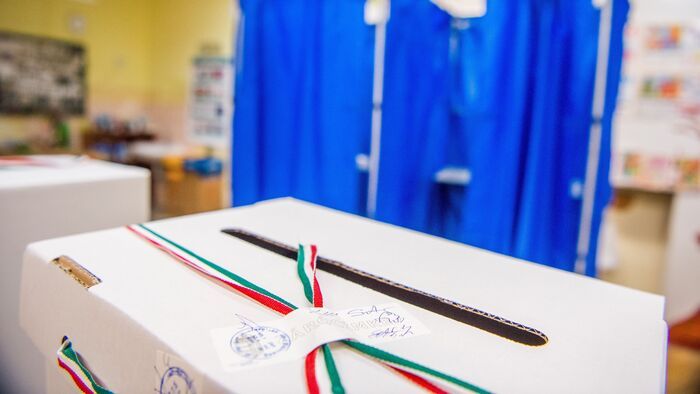
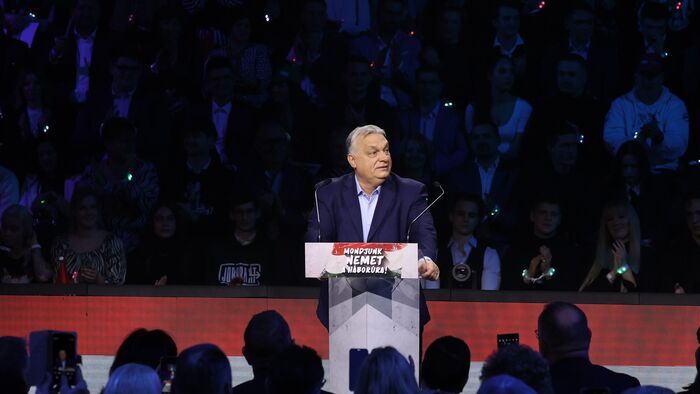
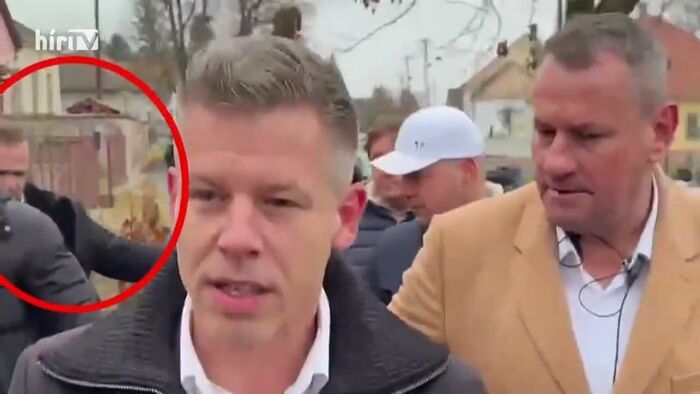

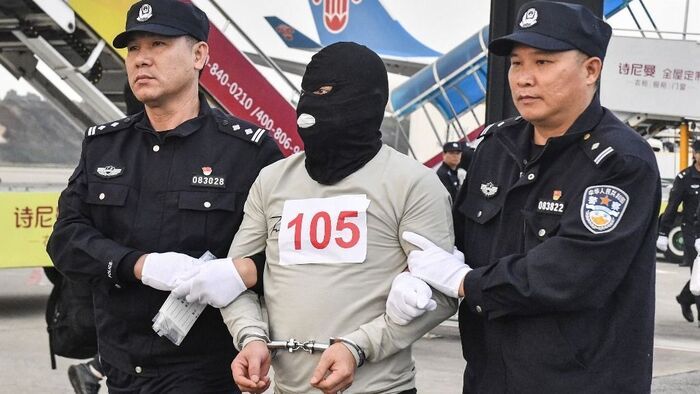
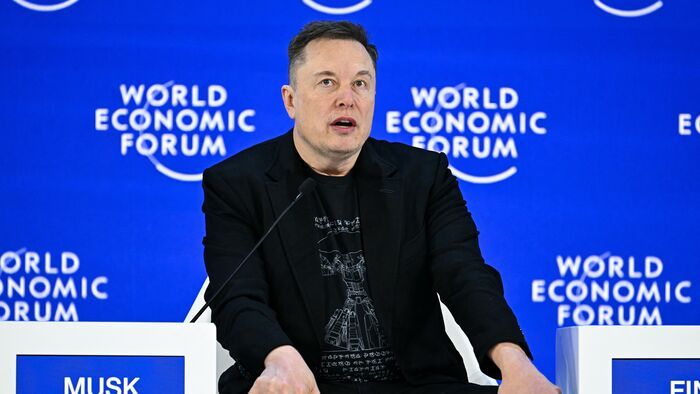





Szóljon hozzá!
Jelenleg csak a hozzászólások egy kis részét látja. Hozzászóláshoz és a további kommentek megtekintéséhez lépjen be, vagy regisztráljon!